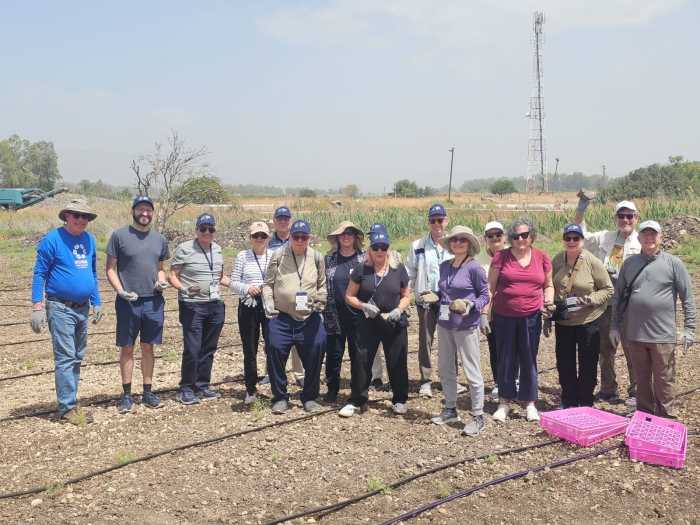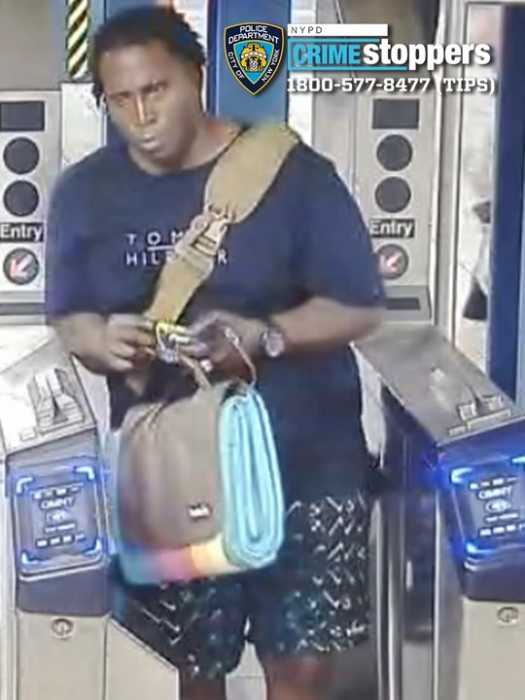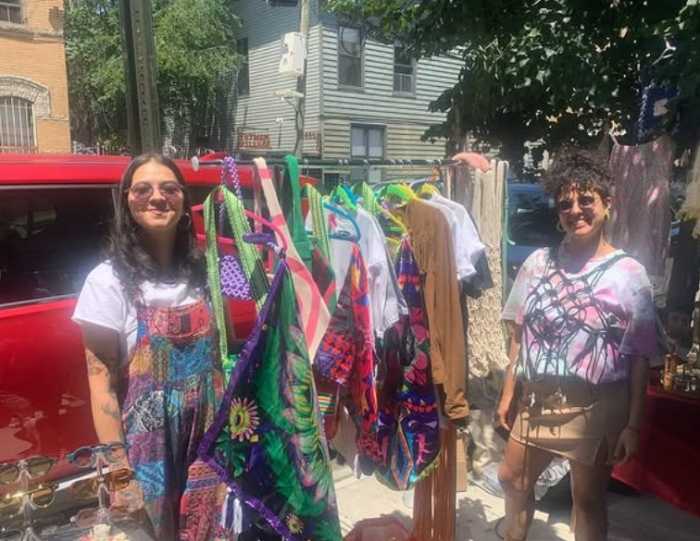By Brian Lockhart
A small apartment in College Point allegedly served as one base of operations for the so-called “Home Delivery Cocaine Organization,” from which hundreds of New Yorkers – many in professional fields – are suspected of having ordered drugs as easily as phoning for a pizza, said Mary Jo White, the U.S. attorney for the Southern District.
The allegations came in a grand jury indictment, announced by White's Manhattan office Jan. 18, which charges 10 men with being members of the Home Delivery Cocaine Organization and conspiring to distribute cocaine, selling multiple kilograms of the illegal drug for personal use to patrons throughout Manhattan and other parts of the city.
If convicted, each defendant faces a mandatory minimum of ten years in prison.
Two of the suspects, Jose Fernandez and Rafael Felipe, were arrested on Jan. 6 at 119-58 27th Ave., an apartment in College Point just off College Point Boulevard.
The remaining eight suspects – Aridio Fernandez, Enrique Luzon, Pedro Payano, Franklyn Pichardo, Bernardo Rodriguez, Javier Rodriguez, Ramon Romero and Freddy Tavarez – were still at large. White's office could not provide their addresses as of press time.
The investigation, which included court-ordered physical, electronic, wire and video surveillance of the drug gang, was undertaken by the Drug Enforcement Agency during 1999 with assistance from city police.
According to the indictment, between January 1999 and Jan. 6, 2000, the drug gang's customers would signal they wanted to purchase some cocaine by paging the sellers' beepers.
A member of the Home Delivery Cocaine Organization would return the customer's page with a cell phone call and the customer would place an order for the following quantities: “small” – 1/2 a gram for $25, “medium” – 1 gram for $50, or “large” – 3 grams for $150.
Posing as livery cab drivers, members of the drug gang would deliver the cocaine to customers at prearranged locations, making the sale inside their cars or at buyer's doors, White said.
Along with the evidence gathered through surveillance, DEA special agent Mark Grey, in a sworn deposition, said two undercover agents purchased cocaine from the Home Delivery Cocaine Organization in August 1999.
“Cocaine distribution and use is destructive of society, especially when it becomes as easy to order as pizza,” White said. “This case illustrates that law enforcement will vigorously attack cocaine distribution in every strata of our society.”
As for the College Point connection, the indictment alleged Jose Fernandez and Felipe were in possession of cellular telephones, beepers, and records containing names, telephone numbers and addresses of the drug gang's alleged customers when they were arrested at the College Point apartment Jan. 6.
Herbert Hadad, a spokesman for the U.S. attorney's office, could not elaborate on the part the College Point location played in the entire operation.
The DEA's Grey, however, said in the criminal complaint that DEA agents were told by the building's owner that Fernandez had rented the apartment only 30 to 40 days earlier.
Prosecutors said many of the customers have careers in advertising, investment, legal and real estate fields.
They said many of the addresses and phone numbers found in the apartment were for residential buildings located on Manhattan's Upper East, the West Sides, Chelsea and Soho and also for several restaurants and bars throughout Manhattan, prosecutors said.
Asked if any action would be taken against those customers, Hadad said he could not speculate but none had been charged.
White said the investigation was continuing.



































